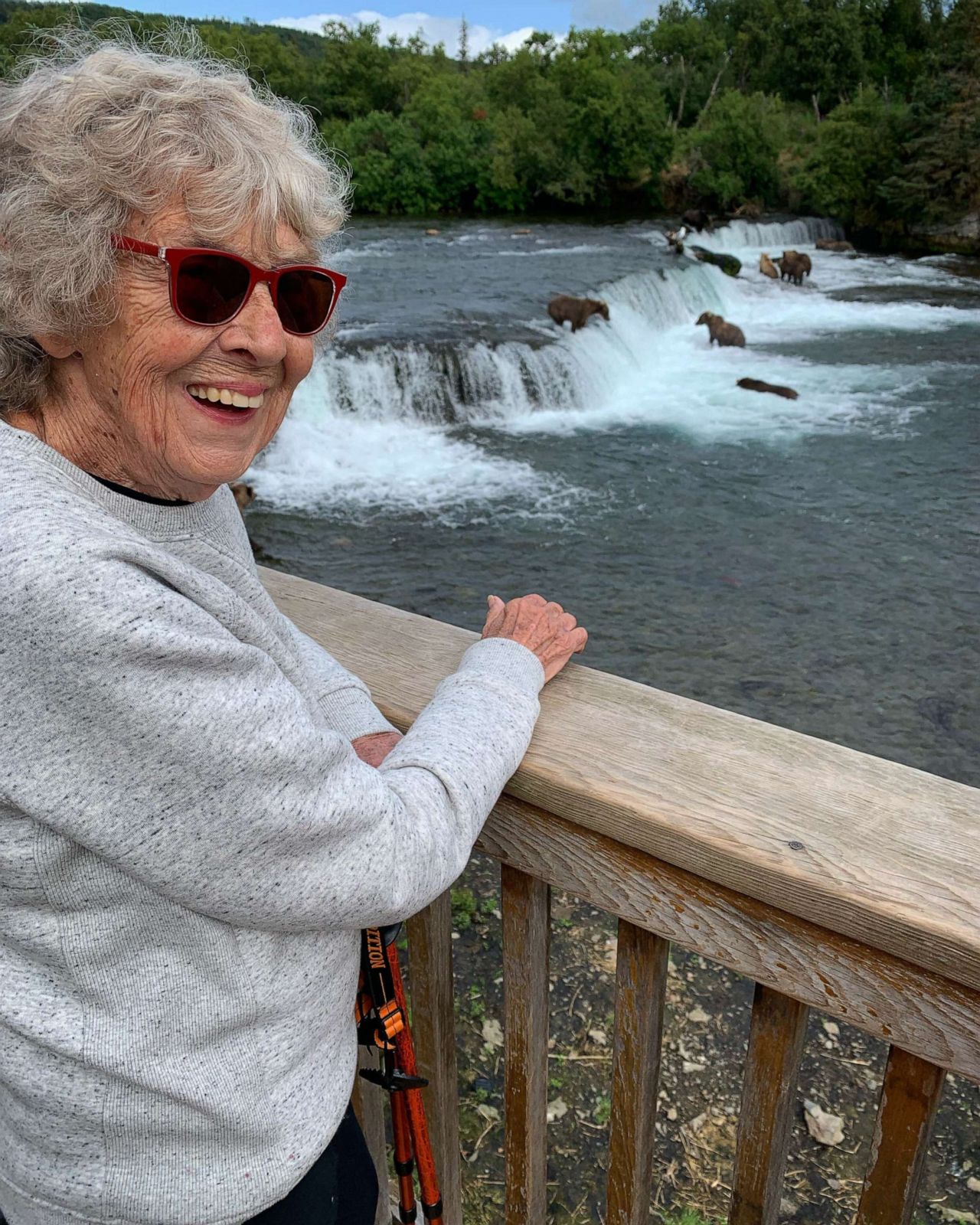In past blogs, I have written about nurses being disciplined by state boards of nursing, including for unprofessional conduct and for falsifying documentation.
In the following case, an RN’s license is revoked for a violations of the state nurse practice act, including: violation of her duties, mental or physical inability to practice in a safe and competent manner, and a lack of good moral character.
RN’s relationship with the elderly man
The RN met a 75-year-old widower, who was suffering from cancer and moved into his home.
According the case details on casetext.com, the nurse told the elderly man that she was a nurse, was homeless, and that they could help each other. She became a “home assistant” for the man, helping with cleaning, cooking, shopping, and other household chores.
The man spent “substantial” sums of money while the RN was living with him and added the RN onto his checking account and multiple lines of credit.
The man desired to have a romantic relationship with the nurse, but these feelings were not reciprocated. When the RN decided it was time to move out of the home, she took the man’s car and left him stranded at a hotel for multiple days. She also took money from the joint checking account.
The elderly man moved in with one of his daughters after these incidents, and the daughter helped him obtain a personal protective order (PPO) against the nurse. The daughter also obtained guardianship and conservatorship over her father.
The RN’s conduct was reported to the licensing board. An investigator from the licensing board interviewed the man and his daughters. He lived with his daughter until his death.
Licensing board proceedings
An administrative complaint was filed by the licensing board, alleging the violations stated earlier. The board also ordered a summary suspension of her license. The nurse petitioned to have the suspension terminated.
A hearing on the complaint was held after several months. The hearing examiner issued a Proposal for Decision finding that the RN violated her general duty obligations and lacked good moral character, and did not have a mental or physical inability to practice in a safe and competent manner.
The nurse filed objections to the proposal, but the licensing board entered a final order adopting the hearing examiner’s findings and revoked the RN’s license.
The RN filed an appeal to the state court of appeals.
Appeals court’s analysis and decision
The RN presented many objections to the licensing board’s decision. Her first objection was that it had no jurisdiction to hear the case because there was no connection between her relationship with the elderly man and her practice as a nurse. The court disagreed with her position, stating that she had used her status as an RN to “exploit and defraud” the man.
The RN pointed out her many arguments and testimony at the licensing board’s hearing, which contradicted the testimony of the man’s daughters and the information he shared with the investigator. Even so, the appeals court opined that her arguments and testimony were “inconsistent, illogical, and largely self-serving,” while the testimony of the daughters, the man’s physician, and the investigator were more “consistent, logical and reasonable,” which made their testimony more credible.
Moreover, the court continued, there was “substantial, competent, and material evidence supporting the determination of the hearing officer that the RN lacked good moral character.”
The RN also argued that her due process rights were violated because the relationship was consensual. Again, the court held that there was no consensual relationship based on the evidence presented in the hearing. Thus, no constitutional violation of her due process rights occurred.
The determination of the licensing board’s decision was affirmed.
What to remember from this case
The conduct of the RN in this case was egregious. However shocking it may be, this type of exploitation can happen in varying forms when anyone takes advantage of a vulnerable elderly person.
The nurse was able to win the man over fairly easily because she had a nursing license.
It is important to note that the revocation of the RN’s license was possible despite the fact that she had not been practicing nursing for many years (though she said she was a “caregiver” for the elderly man and probably did provide some type of “care” for him).
The appellate court’s decision supports the recent decisions of boards of nursing that once you are licensed, you must always act as a licensed professional, even though the alleged violation of your nurse practice act does not have a nexus to the practice of nursing.
Examples of disciplinary actions in which there is no connection to the practice of nursing include:
- Failure to re-pay student loans
- Failure to pay taxes
- A conviction of driving under the influence (DUI
- The misuse of social media
Had the RN been actively practicing nursing for this man, another basis upon which her license could have been disciplined would have been for breaching professional boundaries, which is a form of unprofessional conduct.
If you provide nursing care to a vulnerable elderly person or any vulnerable patient be certain to maintain a nurse-patient relationship consistent with your legal and ethical duties. For instance:
- Document the care you provide carefully and accurately.
- Don’t engage in any conduct, however well-meaning (such as doing banking for the patient, purchasing any item or food with the patient’s money), that may later be viewed as exploiting the person or could be seen as examples of poor morale character.
- Don’t move in with a patient or have a patient move in with you.
- Don’t become romantically involved with a patient.
- Don’t accept access to a patient’s bank or other financial account.
And maintain professional conduct at all times with those with whom you come in contact, patients or otherwise.























